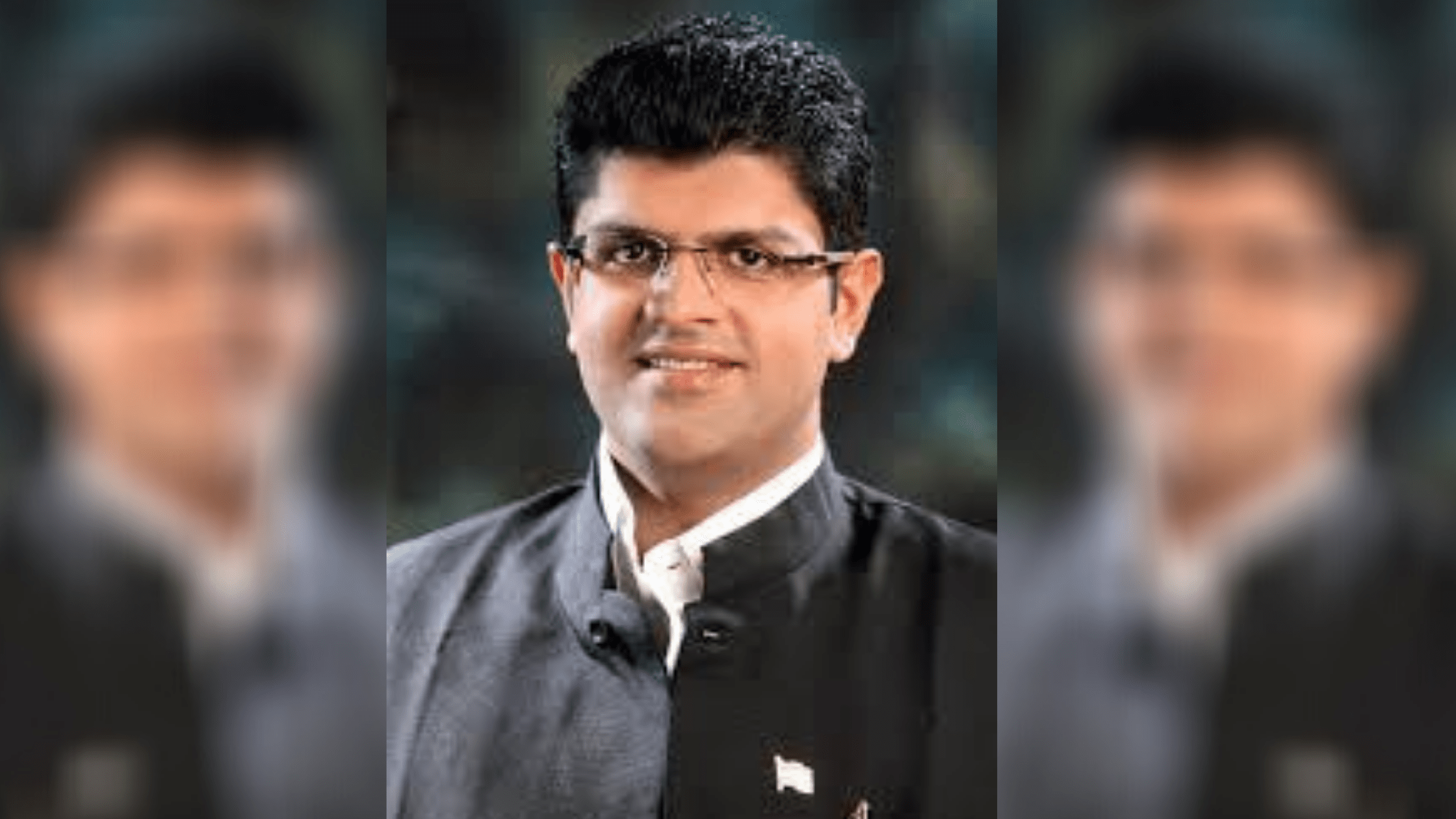Chandigarh, November 3: Haryana Deputy Chief Minister, Mr. Dushyant Chautala said that the State Government has decided to give exemption in electricity-duty for 20 years under ‘Haryana Enterprises and Employment Policy -2020’ (HEEP) to attract more industries in the state. Earlier this exemption was applicable only for 10 years, he added. Apart from this, those industries which will employ local youth will get a subsidy of Rs 48,000 per employee per year for seven years, he added.
He further said that special measures are being taken in the direction of providing benefits to investors by giving them 100 percent investment subsidy in lieu of State Goods and Services Tax. He said that the State Government has also planned to give special exemption in this policy to the industries for the management of residues of paddy straw and other crops so that along with being self-reliant in terms of electricity the country and state itself will be pollution-free. The draft of HEEP has been finalized and will soon be implemented in the state.
Mr. Dushyant Chautala, who also holds the portfolio of Industries & Commerce and Labour & Employment Departments said this while presiding over a meeting regarding ‘Haryana Enterprises and Employment Policy -2020’ with the concerned officers. Chief Principal Secretary to Chief Minister, Mr. D.S. Dhesi, Principal Secretary Industries and Commerce Department, Mr. AK Singh and Director, Industries & Commerce Department, Mr. Saket Kumar, Additional Director, Mr. Wazeer Singh, OSD, Deputy Chief Minister, Mr. Kamlesh Bhadoo, and other senior officers were also present during the meeting.
Mr. Dushyant Chautala said that in the ‘Haryana Enterprises and Employment Policy -2020’ prepared by the Industries and Commerce Department, where on one hand suggestions have been taken from 151 industrial associations of the country, on the other, industrial policies of other states like Gujarat, Maharashtra, Andhra Pradesh, Uttar Pradesh, Telangana, Punjab, and Rajasthan were also studied to formulate the most apt policy for Haryana. The draft policy was uploaded into the public domain for about a month so that the stakeholders could study it and give their suggestions.

 हिंदी
हिंदी






